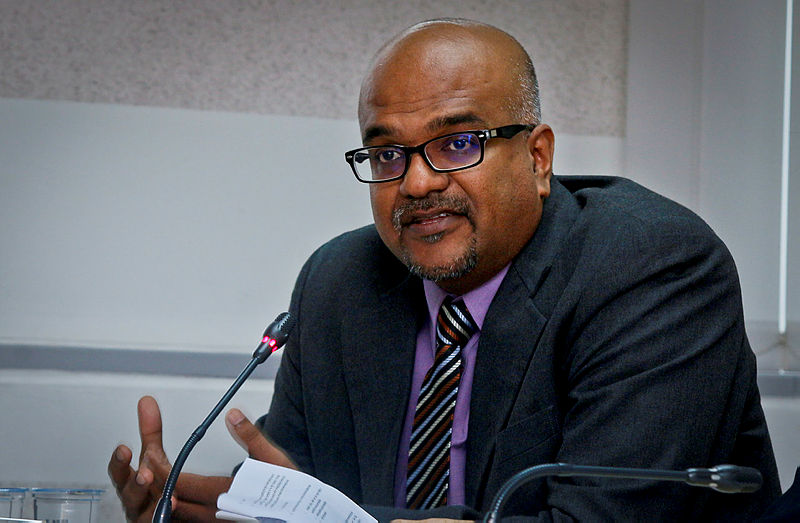KUALA LUMPUR: The Human Rights Commission of Malaysia (Suhakam) has called on the government to allow debate on Suhakam’s Annual Report 2018 in the next sitting of parliament in July as part of its reforms.
Acting Suhakam chairman Jerald Joseph (pix) said through the debate, human rights concerns could be addressed more effectively.
“Our reports have never been debated before and we are hoping that it would be debated. This is our accountability to Parliament,” he said after the launch of its 2018 Annual Report, here yesterday.
Joseph said Suhakam wants de facto Law Minister Datuk Liew Vui Keong to bring a motion for the report to be debated after it was tabled on April 11, the last day of the first Parliamentary sitting.
Pakatan Harapan’s manifesto had mentioned that Suhakam’s annual report would be debated in Parliament so that the proposals received the appropriate attention.
Joseph said that the report had to be debated because under the Suhakam Act, the commission is accountable to the parliament. Suhakam’s reports had been tabled in the parliament since year 2000 but were never debated.
“This is for our MPs to participate in issues pertaining to human rights. We are willing to prepare whatever answers Liew needs for the debate,” he said.
Meanwhile, Joseph when presenting the annual report revealed that Suhakam received 1,180 complaints in 2018, an increase by almost 50% compared to the previous year.
He said 558 complaints came from Sabah on stateless people and Suhakam had brought the matter to the National Registration Department.
“Among the complaints received were 381 on the right to nationality, 35 on the right to own property and 16 on rights to employment and migrant worker rights,” he said.
The report also stated that there are roughly 2,599 stateless children in Malaysia.
Joseph said that Suhakam is keen on finding solution on this matter by calling for a high level meeting with the Home Ministry and the Immigration Department as without proper documentation they would be denied their rights to access schools and education, which impacted their lives.
The other complaints received in Peninsular Malaysia were on arbitrary arrest, detention and exile (109), right to adequate standard of living (54) and liberty and security of persons (34). — Bernama










